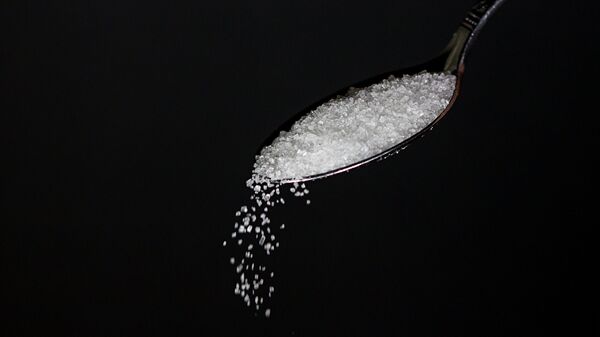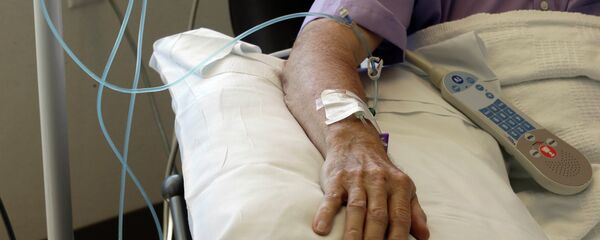Since 2008, scientists in Belgium have been working to better understand the Warburg Effect, a phenomenon where tumor cells are powered through fermenting sugars.
In the study, scientists explain that non-cancerous cells are powered through a process called aerobic respiration, which transforms digested food into energy-filled molecules. Cancer cells differ, producing energy by very quickly fermenting sugar in the form of glucose into lactate.
"Our research reveals how the hyperactive sugar consumption of cancerous cells leads to a vicious cycle of continued stimulation of cancer development and growth," Johan Thevelein, one of the researchers in the study, said in a statement.
Though the findings are not enough to explain the causes behind the effect, speculation surrounding the study suggests it could be the foundation for creating a low-sugar diet better suited for cancer patients.
"The findings are not sufficient to identify the primary cause of the Warburg effect," Thevelein said in a release. "Further research is needed to find out whether this primary cause is also conserved in yeast cells."
Thevelein later indicated that the nine-year study will allow "much more precise and relevant focus" within the field.


